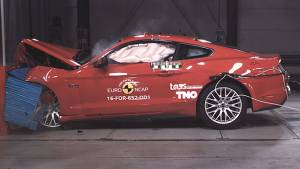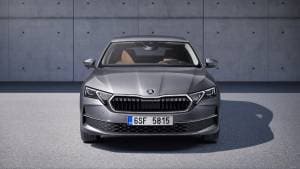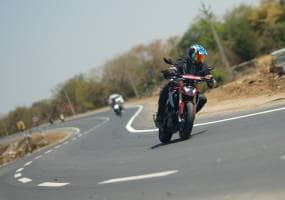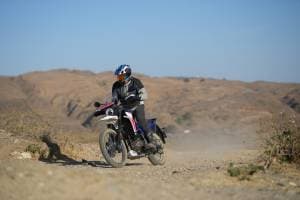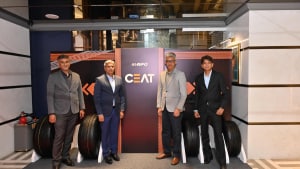Crash and burn!
Something is definitely amiss with Indian manufacturers. Suddenly there are reports coming in of several cars failing Global NCAP crash tests. The Renault Kwid, Maruti Suzuki Celerio, Maruti Suzuki Eeco, Mahindra Scorpio and Hyundai Eon all received a zero rating. Those are just the cars tested this far, this year. Global NCAP has yet to test several more and I'm afraid what the results will show.
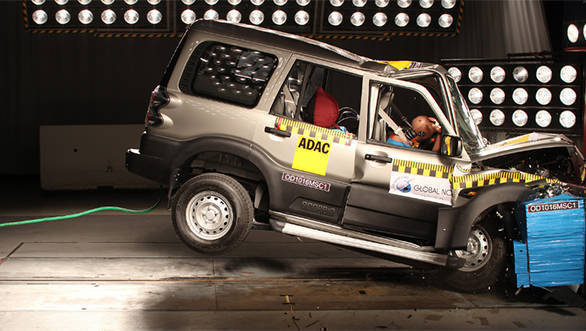
A zero star rating is Global NCAP's way of saying that in the event of an accident, people within the vehicle will not survive, they could perish, or worse be maimed for life or paint any horrific picture you'd like here.
It's disheartening to see manufacturers who consider themselves responsible and practise responsible manufacturing take human life in India this lightly. It's even more disheartening to see that post the announcement of the results, some companies have come out issuing statements that Global NCAP has actually commended their efforts towards safety enhancement. Are you being serious?
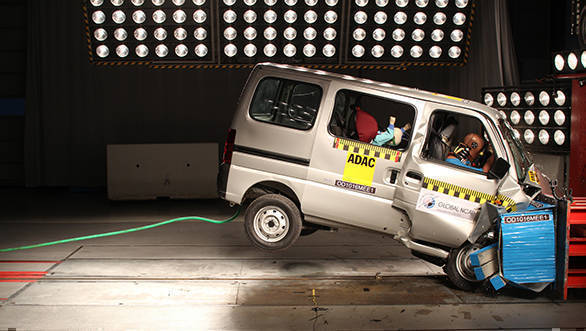
Global NCAP gave you a zero star rating and you think that's their way of lauding your efforts towards safety. The cars were apparently tested on May 12th and the results posted today, May 17th and in those five days your cars went from being dangerous to committed to safety? They also go on to state that their cars meet all the Indian requirements for crash safety, which is highly debatable since India still does not have a full fledged crash safety rating system or the means to crash test vehicles.
This very same issue cropped up a few months ago when the Bajaj Qute was subjected to crash tests for quadricycles. It failed miserably, but what did Bajaj do? They went out and released a press statement claiming their one star rating was better than what the Volkswagen Polo received. What they failed to mention is that the parameter for car and quadricycle tests differ from each other, and that the quadricycle tests are less stringent than those for a car, and that they got a lower rating in a lower standard test.
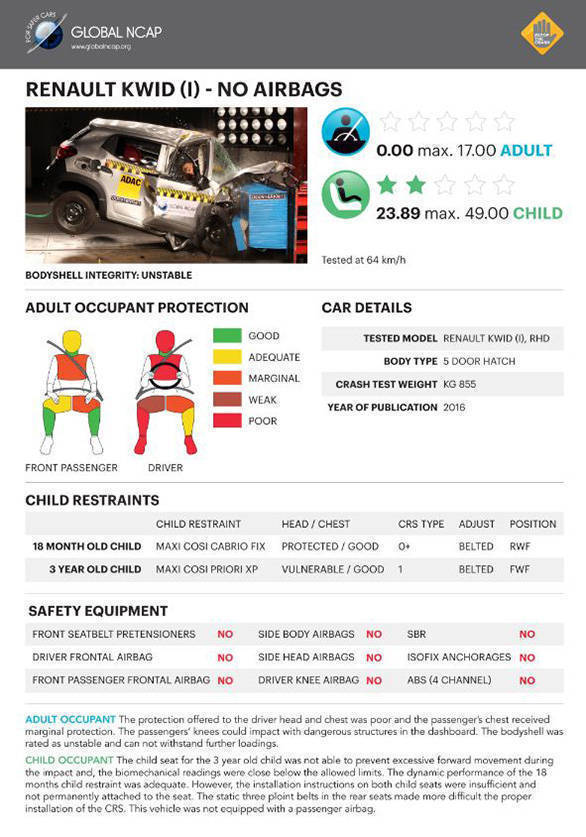
While Indian manufacturing is making waves globally for its low cost processes, on the other hand it's also now making news for sordid and poor safety standards. What I'd like manufacturers to state instead, and Volkswagen did a great job of this, is be humble, apologetic, say that you were wrong and are making every effort to correct your mistake. That's more than enough in most cases.
I for one completely understand that it is not economically viable to provide adequate safety systems in cars when you price it at Rs 3 lakh. Building to a cost comes with certain disadvantages, lack of safety is one of them but not because the manufacturer is not interested in providing it.
You, my dear customer are not yet interested in it. If asked to choose between climate control, touch screen sound system, airbags and ABS, guess which choice do the majority of car buyers make? Indian have this innate habit of first making the wrong choices, and then bargaining to get that wrong choice at a cheaper price! Yes, most westerners don't understand us! So like every other thing in India, it's left to the customer to raise their voice and demand better safety. But be prepared to pay the price, it's not going to be cheap.
Starts Rs 2.48 Lakhs
216cc
Manual
11
16.1
43 Kmpl
Starts Rs 3.29 Lakhs
814cc
Manual
56
74.5
21.1 Kmpl
Starts Rs 12.4 Lakhs
2179cc
Manual
140
320
-NA-
Starts Rs 4.99 Lakhs
998cc
Automatic
67
89
26 Kmpl
Starts Rs 3.81 Lakhs
1196cc
Manual
73.41
98
16.11 Kmpl
Starts Rs 4.5 Lakhs
999cc
Automatic
68
91
-NA-
Starts Rs 6.17 Lakhs
999cc
Automatic
110
175
16.47 Kmpl
